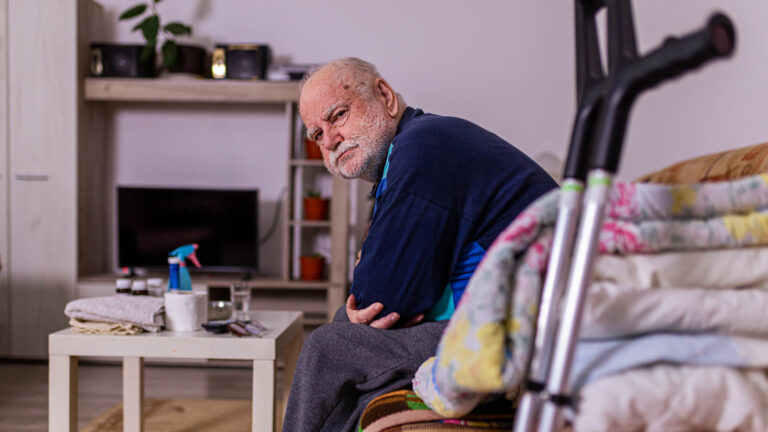With the recent federal commitment to increase mental health funding across Canada, we need to turn our attention to people with developmental disabilities – individuals who are currently invisible within Canada’s mental health system. This group has some of the greatest needs for mental health services and supports, yet is rarely acknowledged or targeted in mental health efforts.
Those with developmental disabilities, which includes Down syndrome, fetal alcohol syndrome and autism, are rarely recognized in mental health statistics, policy priorities, education and training or even clinical practice.
There was a time when this population was not “seen” within mainstream mental health initiatives, because they received their care in a separate system, primarily through institutional care. But with the closure of institutions and an emphasis on community inclusion in Canada over the last several decades, those with developmental disabilities are expected, like everyone else, to access physical and mental health care in their home communities.
Unfortunately, their health needs are often not adequately addressed. And our inability to see this population is costing the health system enormously.
Perhaps because of the complexity of their health needs (physical and mental), this group is more likely to have repeat emergency department visits and to be re-hospitalized than other individuals, a sign that the connection between community and hospital-based care for those with developmental disabilities is not what it should be. And the Ontario Ombudsman released in August 2016, “Nowhere to Turn,” a disturbing report based on a four-year investigation into the care and treatment of adults with developmental disabilities, which found that this population was also very likely to experienced homelessness, incarceration, abuse and neglect. As well, it reported, the families of these adults were often subject themselves to burnout.
Moreover, recent research from the Centre for Addiction and Mental Health and Institute for Clinical Evaluative Sciences in Toronto shows that 45 percent of Ontario adults with developmental disabilities are diagnosed with a psychiatric disorder and at least 6 percent have an addiction.
A national study of hospitalizations, published in the Canadian Journal of Psychiatry, found that almost half of developmental disability hospital admissions were psychiatric hospitalizations. And, the majority of those were youth and young adults. This is in stark contrast to people without developmental disabilities, among whom hospitalization for psychiatric disorders tended to be later in life.
Sadly the members of this this population, complex and vulnerable as they are, are frequently treated by mental health and general health providers who are not familiar with their disabilities and do not feel comfortable working with them. Indeed, training for health care providers on the mental health needs of this group is very limited in Canada.
So, what needs to be done to help policy-makers finally see this invisible population, so they can better support the mental health system to address its needs?
As a start, our mental health promotion must include adults with developmental disabilities, since we know they are prone to mental illness and addictions.
We should invest in screening for mental health issues and early intervention in this population, and we should be taking active measures to help those with developmental disabilities get accurate diagnoses and receive accessible evidence-informed treatments and supports. This means that all mental health care providers should receive the basic skills and knowledge required to support people with developmental disabilities.
In order to reduce or avoid repeated emergency visits and lengthy hospitalizations, we need to invest in more outpatient-based mental health care. Mental health and social service sectors across the country must work together with each individual in this population who is hospitalized, to ensure they are safely discharged and receive the mental health support they need.
Finally, we should always keep in mind the phrase “nothing about us without us.” If there is to be a good, patient oriented solution, people with developmental disabilities and their families need to be at the table, alongside the other mental health or addiction groups with expertise. It makes good policy and good economic sense to ensure individuals with developmental disabilities are included in mental health plans, strategies and funding.
It’s time the needs of those with developmental disabilities and their families are seen and met.
Photo: Shutterstock.com/ker_vii
Do you have something to say about the article you just read? Be part of the Policy Options discussion, and send in your own submission. Here is a link on how to do it. | Souhaitez-vous réagir à cet article ? Joignez-vous aux débats d’Options politiques et soumettez-nous votre texte en suivant ces directives.











